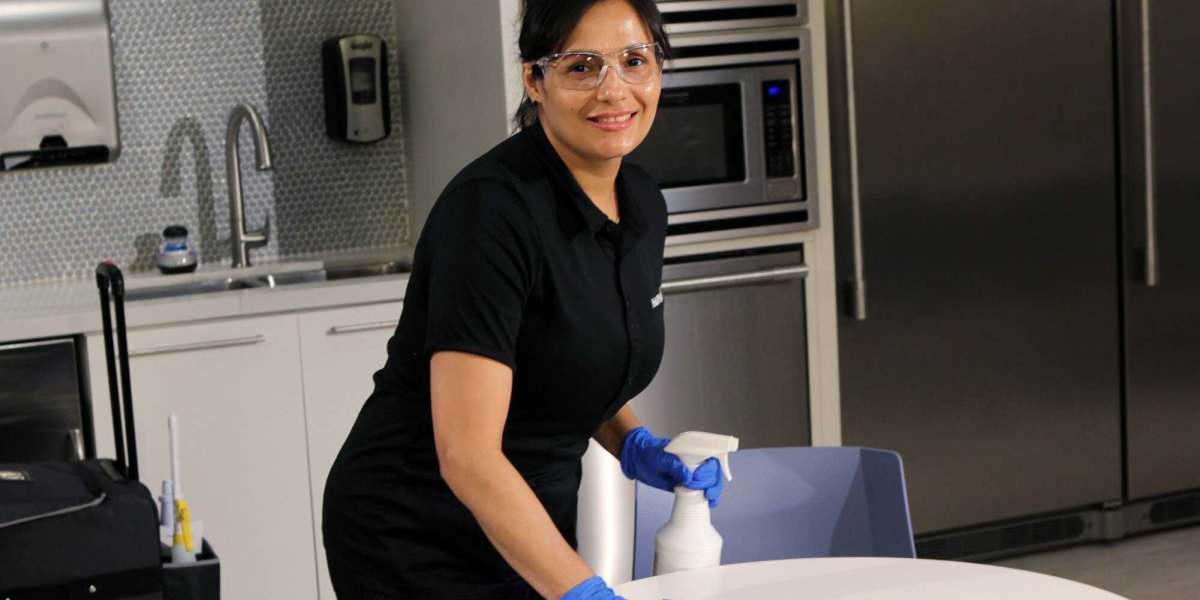Substance use disorder is a growing problem in many communities, including Lexington, KY. Addiction can affect people from all walks of life, and it is important to understand the causes and treatments for this condition.
What is Substance Use Disorder?
Substance use disorder is a medical condition characterized by the compulsive use of drugs or alcohol despite negative consequences. It is a chronic, relapsing brain disease that affects the reward system, motivation, and behavior. Addiction is not a choice or a moral failing, but a complex interaction of genetic, environmental, and psychological factors.
Symptoms of substance use disorder may include:
- Cravings and preoccupation with substance use
- Loss of control over use
- Continued use despite negative consequences
- Tolerance and withdrawal symptoms
- Social, occupational, or legal problems
Substance use disorder can have devastating effects on physical and mental health, relationships, and quality of life. It can lead to overdose, accidents, injuries, infections, and chronic medical conditions. It can also worsen mental health conditions such as depression, anxiety, or PTSD.
Treatment Options for Substance Use Disorder in Lexington, KY
Substance use disorder is a treatable condition, and there are several evidence-based approaches that can help individuals achieve and maintain recovery. The most effective treatment depends on the individual's needs, preferences, and severity of addiction. Treatment may involve one or more of the following:
- Medication-Assisted Treatment (MAT)
MAT combines medications that reduce cravings and withdrawal symptoms with counseling and behavioral therapy. MAT has been shown to be effective in treating opioid, alcohol, and tobacco addiction, among others. Some of the medications used in MAT include methadone, buprenorphine, naltrexone, and disulfiram.
- Behavioral Therapy
Behavioral therapy focuses on changing the patterns of thinking, feeling, and behaving that contribute to addiction. It may involve individual, group, or family therapy, and can address issues such as motivation, coping skills, social support, and relapse prevention. Some of the types of behavioral therapy used in addiction treatment include cognitive-behavioral therapy (CBT), motivational interviewing (MI), and contingency management (CM).
- Residential Treatment
Residential treatment provides intensive, 24/7 care in a structured and supportive environment. It is often recommended for individuals with severe addiction, co-occurring mental health disorders, or unstable living conditions. Residential treatment can involve detoxification, medication management, behavioral therapy, and peer support. It can last from a few weeks to several months, depending on the individual's progress.
Finding Help for Substance Use Disorder in Lexington, KY
If you or a loved one is struggling with substance use disorder in Lexington, KY, there are resources available to help. Some of the local organizations that provide addiction treatment and support include:
- The Ridge Behavioral Health System
- Bluegrass.org
- The Chrysalis House
- Substance Abuse and Mental Health Services Administration (SAMHSA) Treatment Locator
It is important to seek professional help for substance use disorder, as self-medication or quitting cold turkey can be dangerous and ineffective. Treatment can help individuals address the underlying causes of addiction, develop coping skills, and rebuild their lives.
Conclusion:
One of the biggest challenges in treating substance use disorder in Lexington, KY is overcoming the stigma and barriers to accessing care. Many individuals may feel ashamed or embarrassed about their addiction, or may face financial, transportation, or cultural obstacles to getting help. It is crucial for healthcare providers, policymakers, and community members to work together to reduce the stigma and increase the availability and affordability of addiction treatment. By raising awareness, promoting education, and supporting evidence-based interventions, we can help individuals with substance use disorder in Lexington, KY achieve recovery and lead fulfilling lives.








